IB歷史難嗎,你需要具備哪些能力?
來源:A加未來國際教育 ? ? ? 時間:2020-03-06 16:25
?
接觸過IB歷史課程學習的同學們應該都了解,IB歷史和國內高中歷史課程無論是從學習方法、內容還是評估方式上來看都有著非常大的不同,它往往不會強調學生去死記硬背各種各樣歷史事件時間地點和過程,并且考試中也幾乎全部是論述題,這無疑給初次接觸IB歷史課程的同學帶來了不小的沖擊。那么IB歷史難嗎,它都強調學生的那些方面的能力?今天A加未來國際課程老師就帶大家來了解一下IB歷史課程學習的情況吧!
IB歷史課程強調以下幾個能力:
培養學生從多個信息源中獲取信息的能力,使用一手信息源的能力
理解歷史的復雜性以及對同一事件的不同觀點
通過學習歷史反思當今社會的能力
批判性思維的能力
一、信息的獲取
對一手信息源的重視,培養學生對多信息源的甄別,以及對不同觀點的理解,這一點,從IB歷史的考卷中有清晰的體現。IB的歷史評估分為內部和外部評估,內部評估20分,外部評估80分。外部評估又分為三項:Paper1、Paper2、Paper3,如下圖所示。
Paper1占20分,用時1個小時。一般的考試形式是:對于一個主題,給出5個信息源,然后讓學生回答幾個問題。比如:下面這道樣題,題目要求原文如下:
Paper 1
When presented with five sources related to the enforcements of the provisions of the treaties,disarmament and London Naval Conference(1930),students will:
•explain the significance of the Conference
•compare and contrast the views of the Conference presented in different sources
•assess the value and limitations of sources
•use the sources and their own knowledge to discuss the extent to which they agree with the view that the London Naval Conference was unsuccessful.
要求考生基于5個信息源:
(1)解釋會議的重要性
(2)比較在不同信息源中呈現的觀點的相同和不同之處
(3)評估這些信息源的價值和局限性
(4)最后是一道論述題:有一種觀點認為London Naval Conference是不成功的,請基于給出的信息源討論在多大程度上你同意這一觀點?
Source A Albert Hourani,a lecturer of History,writing in a general introductory book,
A History of the Arab Peoples(1991).
Both Byzantine and Sassanian Empires had been weakened by epidemics of plague and long wars;the hold of the Byzantines over Syria had been restored only after defeat of the Sassanians in 629,and was still tenuous[insecure].The Arabs who invaded the two Empires were not a tribal horde but an organized force,some of whose members had acquired military skill and experience in the service of the empires or in the fighting after the death of the Prophet.The use of the camel gave them an advantage in campaigns fought over wide areas;the prospect of land and wealth created a coalition of interests among them;while religious conviction gave some of them a different kind of strength.
反正,看著暈暈乎乎。
二、思考力
IB歷史考試都是論述題,基本上都是寫論文(跟第一學科組的語言課程差不多)。在寫論述題上,與國內歷史考試最大的一點區別是,沒有或者是不特別強調統一的正確答案。當然,在評估時,會有一些答題點做參考,但同時,會考慮學生是否準確地理解了問題,清晰地回答了問題,提供的論據是否足以支撐最終的結論,是否有以下的四個能力:Knowledge and understanding、Application and analysis、Synthesis and evaluation、Use and application of appropriate skills。而這些能力,是在學習歷史課程的過程中反復訓練,并且有明確的范式的。
以Paper2考試為例,分數是25分,用時是1.5個小時。考試時會給出很多問題,要求學生選擇兩個問題完成。
典型的問題如下,請基于20世紀發生的事件,回答以下問題:
1.一種觀點認為,戰爭會加速社會改變,在多大程度上你同意這一觀點?
To what extent do you agree with the view that war accelerates social change?
2.分析、對比蘇聯內戰、西班牙內戰、中國內戰三場戰爭中外國勢力卷入的原因和影響?
Compare and contrast the reasons for,and impact of,foreign involvement in two of the following:Russian Civil War;Spanish Civil War;Chinese Civil War.
3.以兩個歐洲新成立的國家舉例,評估冷戰對其的影響?
Assess the impact of Cold War developments on two non-European new states.
4.以1917-1924期間的列寧或1922-1943期間的墨索里尼為例,說明其在處理面對的難題時有多成功?
How successful was either Lenin(1917-1924)or Mussolini(1922-1943)in solving the problems he faced?
三、小結
所以,簡單看,IB的歷史課程一方面培養了專業上需要具備的能力,比如對信息源的甄別、基于多個信息源如何得出結論等,另一方面,也是培養獨立的思考能力,分析問題、收集信息、總結歸納等能力。
關于IB歷史難嗎這個問題,雖說IB歷史強調分析和論述能力對學生來說可能會增加一些壓力,但無論如何,這些能力都比死記硬背一些知識點要更有用,把時間花在這些能力的培養上也更有意義。
?


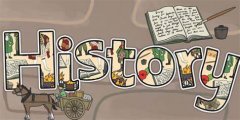




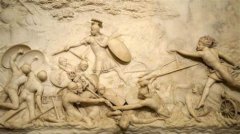
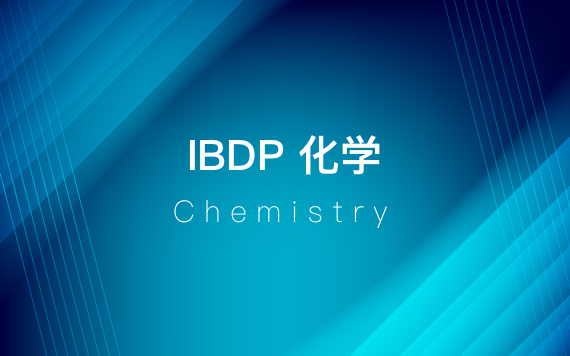

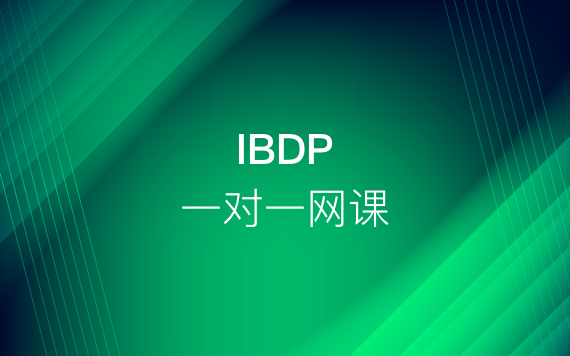
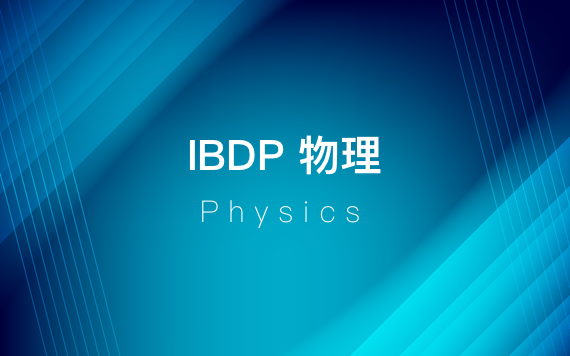
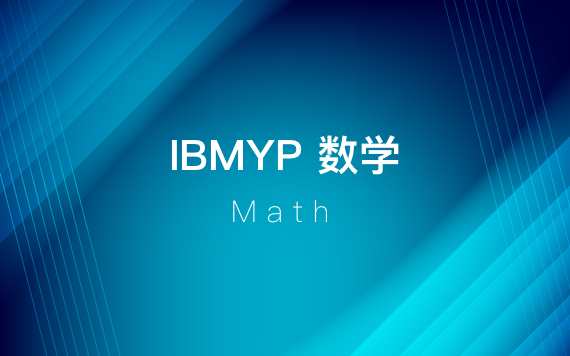
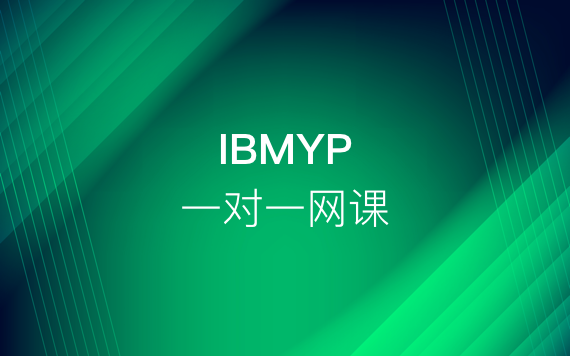
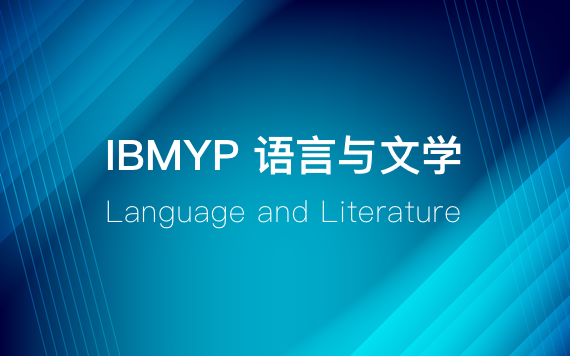
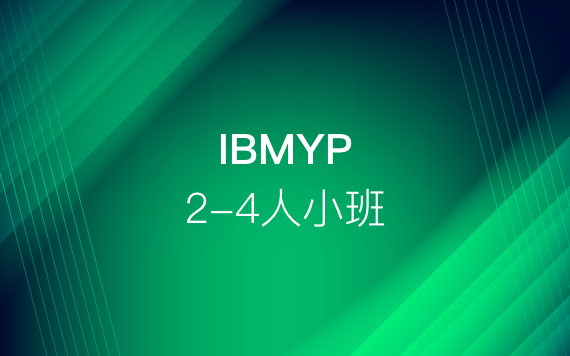








 免費電話
免費電話 